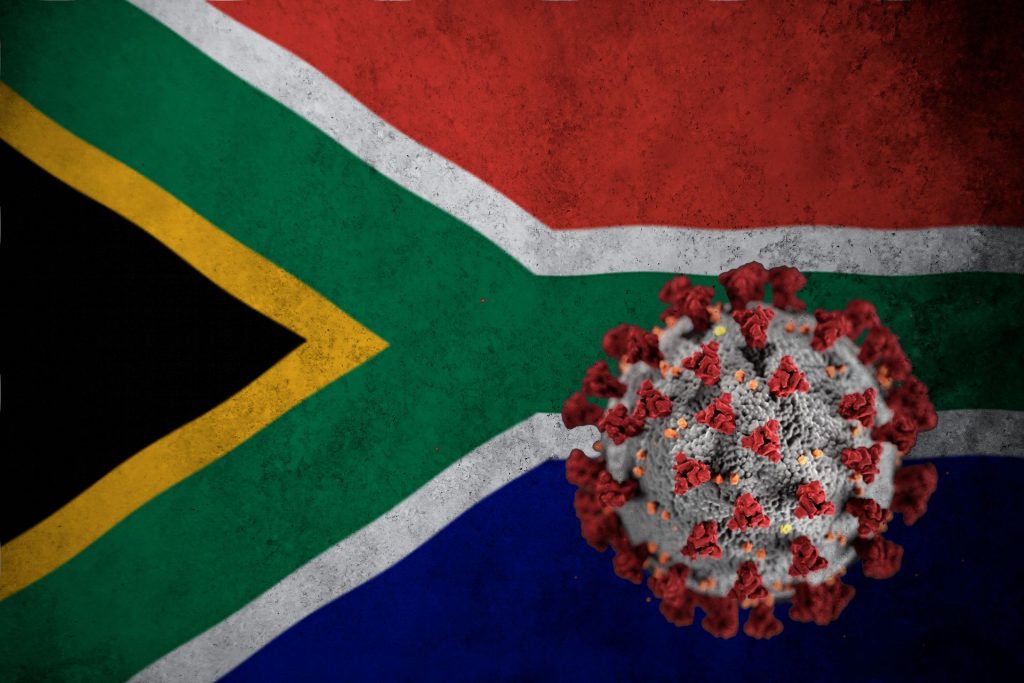South Africa on Cusp of Fifth Wave as Public Apathy Mounts

South Africa is now on the cusp of a fifth wave, experts warn, as indicators rise and new variants begin to circulate. Social media monitoring indicates a level of public apathy.
After a period of reduced cases, cases rose for three consecutive days, prompting concern. Health Department deputy director-general, Nicholas Crisp, noted possible explanations.
“It may be associated with one of the sub-variants of Omicron, certainly that is what’s dominant at the moment but it also might be just because we are all a bit lax at the moment, we don’t wear our masks so diligently,” he said.
Crisp said that they would be watching the data closely, before pronouncing on whether this was indeed the start of the fifth wave.
“We are not sure if this is the variant that’s going to do whatever is going to happen in the fifth wave, what we are seeing at the moment is what we call a flare-up,” Crisp said.
Wastewater monitoring has seen an uptick in coronavirus levels, according to the NICD’s weekly brief [PDF]. The BA.4 and BA.5 Omicron variants have been observed but it is not clear what impact they will have on the fifth wave. The Delta variant has been sequenced in wastewater, but the significance of this is still unclear.
Gauteng has reported the highest weekly incidence at 27.4 per 100 000 people, followed by Western Cape (23.4 per 100 000), and KwaZulu-Natal (13.4 per 100 000). However, testing rates are down in a number of provinces. The highest incidence is among young teenagers.
As of 25 April, 1954 new cases with a 19.3% positivity rate were recorded by the NICD.
The Health Department’s Vaccine Social Listening progamme has seen a significant drop in engagement across social media, down by 50% on Twitter, 60% on Facebook. Engagements with digital news articles are down 70%. Fears over a fifth wave have been dismissed on social media as “fear mongering” and there is a belief that “covid-19 is over”.
Business Leadership South Africa chief executive Busi Mavuso said the fifth wave will test the government’s new COVID regulations.
Writing in her weekly open letter, Mavuso noted South Africa is currently in the 30 day transition period from the end of the state of disaster on 5 April and the new National Health Act regulations.
She noted some risk, with mistakes from earlier regulations being built upon. However, increased background immunity levels was credited with the reduced impact of the Omicron wave in hospitalisation and deaths. Based on the assumption that the new wave will be less impactful, economically damaging measures can be avoided.
Mavuso added that the previous waves have proven that the country can find the best balance in managing the pandemic and the economy if there is full consultation so that the consequences of regulations can be understood and planned for. “I look forward to engaging our public sector counterparts to find that balance.”
Wits University’s Professor Shabir Madhi said that with a clear increase in cases, the country was on the cusp of a resurgence. The country will however be much better positioned with higher immunity levels and a demonstrated decoupling of infections and disease severity.
Further lockdowns would likely be unnecessary, given how past lockdowns have repeatedly failed.



